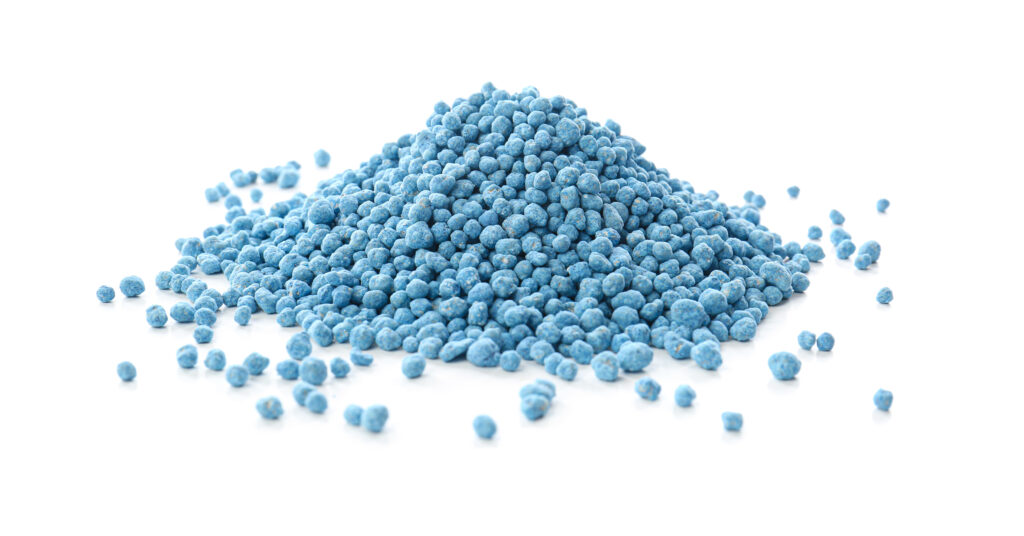A UK scientist has invented a sponge-like material that removes harmful phosphates from water and recycles them as fertilizer. Jane Pearce, co-founder of Rookwood Operations, created this innovation to fight water pollution and prevent a future phosphate crisis.
Phosphorus: Essential but at Risk
Phosphorus is vital for food production and plant growth. Farmers rely on it for fertilizer, but phosphate runoff from agriculture and sewage pollutes rivers and lakes. This pollution triggers algal blooms, which kill fish and harm aquatic life.
Rivers like the Wye in Britain have already suffered severe damage. Meanwhile, global phosphate reserves are shrinking. The US now holds only 1% of its former supply, forcing countries like Britain to rely entirely on imports.
A New Way to Recycle Phosphates
Pearce’s team at Rookwood Operations developed Phosphate Removal Material (PRM). This natural substance absorbs excess phosphates from water and later releases them into the soil, where they nourish crops.
“PRM acts like a sponge,” Pearce explained. “It removes phosphates from lakes and rivers, then transfers them to farmland to improve soil quality.”
Since PRM is fully natural, farmers can use it safely to boost soil health and reduce the need for imported fertilizers.
The material will soon begin trial testing. A local water company in Somerset will test it first, followed by a national firm.
Innovation Award and Future Impact
For her groundbreaking work, Pearce won a £75,000 Innovate UK Women in Innovation Award. This award supports female entrepreneurs solving global challenges.
Scientists warn that unchecked phosphate waste could lead to severe food shortages and worsening water pollution. Innovations like PRM help close the phosphorus loop by recycling this valuable resource.
“Our goal is to stabilize phosphate use in the UK,” Pearce said. “We want to protect rivers, reduce fertilizer imports, and support sustainable farming.”
As phosphate reserves shrink and pollution worsens, PRM could play a key role in restoring waterways and securing future food supplies.
